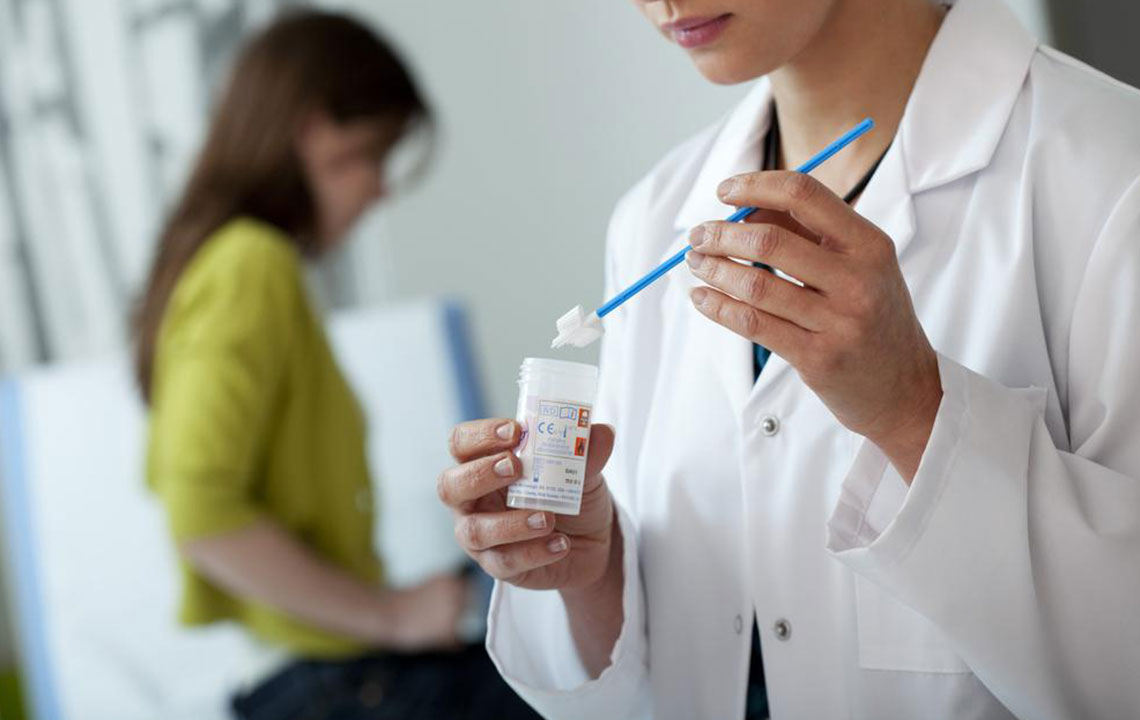Managing Vaginal Dryness During Menopause: Causes, Symptoms, and Solutions
Discover effective ways to manage vaginal dryness during menopause. Learn about causes, symptoms, diagnosis, and treatments including topical and oral estrogen, lubricants, and lifestyle tips. Consulting a healthcare professional is essential for relief and maintaining quality of life during this transitional phase.
Sponsored

Vaginal dryness is a frequent concern during menopause, yet many women overlook it due to lack of awareness that effective treatments exist. This condition can lead to discomfort during intimacy, reduce sexual desire, and make physical activities painful. It can also increase the risk of infections. This article covers the causes, symptoms, diagnosis, and practical remedies for menopause-related vaginal dryness.
What leads to dryness in menopause?
Vaginal lubrication relies on a thin layer of clear fluid maintained by estrogen. This hormone helps keep the vaginal tissues healthy, thickened, and elastic. Estrogen, produced by the ovaries, influences other bodily functions like breast development, body contour, pregnancy, and menstrual health.
As estrogen declines approaching menopause, moisture levels drop, causing dryness. Women of various ages may experience hormonal shifts, but it is most common in older women. Symptoms include irritation, discomfort, and difficulty focusing on daily activities. It also affects intimacy and can cause vaginal itching, discharge, urinary issues, and soreness. The vaginal canal may tighten, making sex uncomfortable.
Other causes besides menopause include childbirth, breastfeeding, cancer treatments, ovarian surgery, autoimmune conditions like Sjogren's syndrome, and certain medications such as antihistamines. Stress and lifestyle habits may also contribute by lowering estrogen levels. Menopause dryness can be uncomfortable and impact quality of life, but treatments are available. Consulting a healthcare provider is recommended for proper diagnosis.
How is menopause-related dryness diagnosed?
If experiencing burning, itching, or discomfort, visiting a gynecologist is advisable. Diagnosis involves reviewing health history, examining symptoms, and possibly conducting a pelvic exam. The doctor may look for vaginal tissue thinning or redness and perform tests like a Pap smear to rule out infections.
Available treatments for menopause dryness
Effective management options include:
Topical estrogen creams or gels to soothe dryness and irritation.
Oral estrogen therapies, which require medical guidance due to potential side effects.
Using water-based lubricants during intercourse and moisturizers to maintain vaginal moisture.
Engaging in regular sexual activity to boost blood flow and natural lubrication.
Menopause dryness, though often mild, can cause significant discomfort. Early consultation with a healthcare provider can help choose suitable remedies, improving comfort and quality of life.






